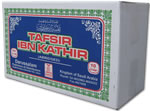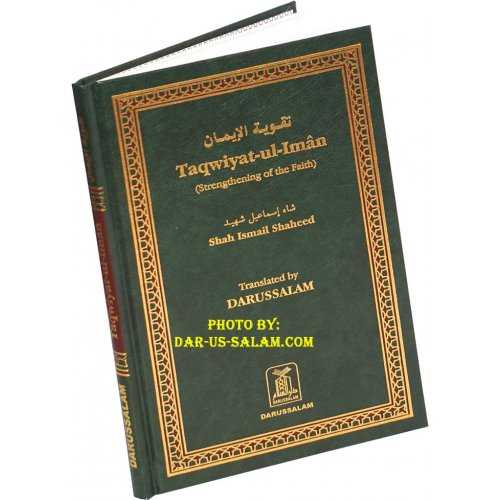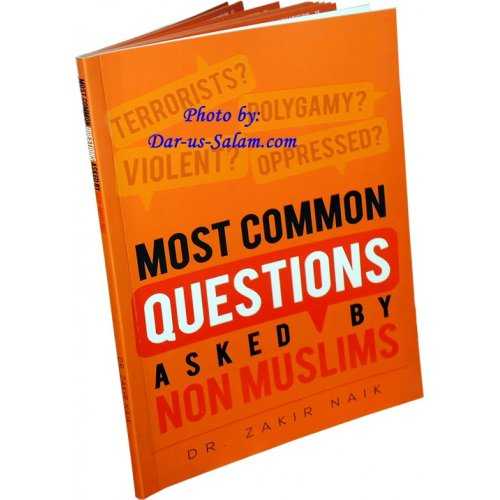Difference between Wajib, Fard And Sunnah
Difference between Wajib, Fard And Sunnah– I have heard many correct me when I indicate that something such as prayer is wajib, stating “You mean fard yes?” And when you advise them that they are the same, many disagree but can never explain why. Also stating that sunnah is just sunnah and not separated into different categories and many not really understanding what mustahaab is at all. I hope this breaks down the whys and hows for us all…
Fard and wajib are synonymous
The majority of scholars of usul – apart from the Hanafis and one report from Imam Ahmad – are of the view that fard and wajib are synonymous.
Fard, or wajib, is that which the Lawgiver enjoined by way of obligation, meaning that the one who does it is deserving of reward and the one who fails to do it is deserving of punishment. It is the same whether the obligation is proven on the basis of definitive or ambiguous evidence. There is no difference between them in terms of the ruling or the reward.
The Most Comprehensive and Authentic Explaination of the Quran!  Purchase the complete Tafsir Ibn Kathir (10 Vol Abridged) By Dar-us-Salam Publications. |
Fard and wajib according to Abu Hanifah (may Allah have mercy on him)
However, the Hanafis differentiate between fard and wajib. In their view, fard is that which is proven on the basis of definitive evidence and wajib is that which is proven on the basis of ambiguous evidence.
It says in al-Lam‘ fi Usul al-Fiqh by ash-Shirazi (23):
“Wajib, fard and maktub all refer to the same thing, which is anything the omission of which is punishable.
The companions of Abu Hanifah said: Wajib is that which is proven to be obligatory based on evidence that is subject to interpretation, such as Witr prayer and the udhiyah sacrifice, according to their view.
Fard is that which is proven to be obligatory based on definitive evidence, such as the five daily prayers, obligatory zakah, and the like. But this is incorrect, because these words may be understood on the basis of the shar‘i meaning, the linguistic meaning, or actual usage, and there is no differentiation in these three respects between that which is proven on the basis of definitive evidence and that which is proven on the basis of evidence that is subject to interpretation.”
In Qawati‘ al-Adillah fi’l-Usul (1/131) it says:
“Fard and wajib are the same, in our view.
The companions of Abu Hanifah claimed that fard is that which is proven to be obligatory based on definitive evidence, and wajib is that which is proven to be obligatory on the basis of ambiguous evidence. End quote.
In al-Ihkam fi Usul al-Ahkam by al-Amidi (1/99) it says: There is no difference between fard and wajib according to our companions (Shafi‘is). The companions of Abu Hanifah used the word fard to refer to that which is proven to be obligatory on the basis of definitive evidence, and the word wajib to refer to that which is proven to be obligatory on the basis of ambiguous evidence. … The more correct view is that which was mentioned by our companions, which is that the difference in the way of establishing the ruling, so that the ruling itself becomes definitive or otherwise, does not mean that there is a difference in the implication.”
For more information, please see al-Bahr al-Muhit fi Usul al-Fiqh by az-Zarkashi (1/240-244)
Fard and wajib are binding
The difference between the majority and Abu Hanifah with regard to this issue is one of wording, which does not lead to any serious difference, because all are agreed that both fard and wajib are binding upon the one who is accountable, and that if he fails to do them then he is exposing himself to the punishment of Allah, may He be exalted.
This is something on which all the scholars agree, and this is what one needs to know of fiqhi rulings.
Difference between Wajib, Fard And Sunnah
Differences between naafil, sunnah, mandoob and mustahabb
Sunnah mu’akkadah (confirmed Sunnah), naafil (supererogatory), voluntary and mandoob (recommended) all share a similar meaning; they are acts of worship that are enjoined and encouraged in Islam, without being obligatory. The one who does them will be rewarded but there is no sin on the one who does not do them.
That is like praying qiyaam al-layl (optional prayers at night), the sunan rawaatib (regular Sunnah prayers), starting on the right when putting on one’s clothes, and so on. Some of the scholars think that these words are similar in meaning, whilst others – like the Maalikis – differentiate between them. In their view “Sunnah” refers to something that the Prophet (blessings and peace of Allah be upon him) did persistently; naafil refers to things that he did sometimes and not at other times.

Ad-Dasooqi al-Maaliki said: Naafil refers in linguistic terms to something extra or additional; in Islamic terminology it refers to that which the Prophet (blessings and peace of Allah be upon him) did but did not do persistently, i.e., sometimes he did not do it and sometimes he did do it. It does not mean that he stopped doing it altogether, because one of his characteristics is that if he did a righteous deed he would not stop doing it altogether after that. … With regard to “Sunnah”, in linguistic terms it refers to a way or path; in Islamic terminology it refers to that which the Prophet (blessings and peace of Allah be upon him) did openly when he was among a group of people, and he persisted in doing it, but there is no proof to indicate that it is obligatory. Sunnahs that are described as mu’akkadah (confirmed) are those that bring a great deal of reward, such as Witr.
End quote from Haashiyat ad-Dasooqi, 1/312
Al-Khateeb ash-Sharbeeni ash-Shaafa‘i said: Chapter on offering naafil prayers. Naafil in linguistic terms refers to something extra; in Islamic terminology it refers to actions other than those which are obligatory. They are so called because they are extra to what Allah, may He be exalted, has made obligatory. Naafil is similar to Sunnah, mandoob (recommended), mustahabb (encouraged) and so on. This is the well-known view.
End quote from Mughni al-Muhtaaj, 1/449
Ibn an-Najjaar al-Hanbali said: That which is mandoob (recommended) is called Sunnah, mustahabb, naafil, and so on… The highest of that which is recommended is Sunnah, then fadeelah (virtue), then naafilah.
End quote from Sharh al-Kawkab al-Muneer, p. 126
It should be noted that the Hanafis regard the one who does not do Sunnah mu’akkadah (confirmed Sunnah) actions as having sinned, but they say that his sin is less serious than that of one who fails to do obligatory (waajib) actions.
There is no difference of opinion among the scholars concerning the fact that some Sunnah actions are more confirmed and bring greater reward than others. Thus it may seem that this difference of opinion is the matter of a difference in names only; with regard to the meaning, there is no difference of opinion concerning it.
Difference between Wajib, Fard And Sunnah
Ibn Nujaym al-Hanafi said: What appears to be the case from the words of our fellow scholars in our madhhab is that sin is incurred by failing to do obligatory (waajib) or sunnah mu’akkadah actions, according to the correct view, because they clearly stated that the one who omits the sunnahs of the five daily prayers is not said to have sinned, but the correct view is that he is sinning. This was stated in Fath al-Qadeer. And they clearly stated that the one who fails to pray in congregation is sinning even though it is a sunnah mu’akkadah according to the correct view. And there are other similar examples to be seen by the one who studies their words. Undoubtedly the sin in some cases is greater than in others, and the sin of one who does not do the sunnah mu’akkadah action is less serious than that of the one who does not do the obligatory (waajib) action.
End quote from al-Bahr ar-Raa’iq, 1/319
And Allah knows best.

Don’t forget to comment & share. Also please click our ads, they pay the bills. jazakallahu khayr.





